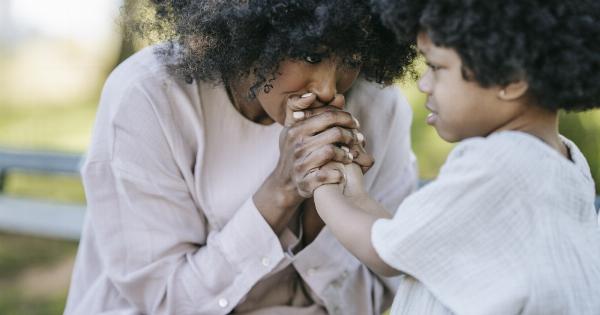Sexual habits are deeply personal and vary widely among individuals, reflecting the unique combination of biological, psychological, social, and cultural factors that influence human sexuality.
Biological Factors and Sexual Preferences
Research suggests that biological factors play a significant role in determining sexual preferences and habits. Genetic, hormonal, and neurochemical influences shape an individual’s sexual orientation and behavior.
Psychological Factors and Sexual Desires
Psychological factors encompass a broad range of elements that can impact an individual’s sexual desires. These may include personality traits, past experiences, self-esteem, and emotional well-being.
Social Factors and Cultural Norms
Social and cultural norms heavily influence sexual habits and behaviors. Beliefs, values, and expectations surrounding sexuality are shaped by societal factors such as religion, education, media, and social environment.
Gender Identity and Sexual Expression
Gender identity plays a crucial role in shaping an individual’s sexual habits. It encompasses a person’s deeply-held sense of being male, female, or something else, influencing their sexual expression and preferences.
Socioeconomic Factors and Sexual Behaviour
Socioeconomic factors, including income, education, and occupation, can influence sexual behavior and habits. Economic stability and social status may impact access to resources, contraception, and sexual health services.
Religion and Cultural Beliefs
Religious and cultural beliefs often guide sexual practices and habits. Different religious traditions and cultural values dictate attitudes towards premarital sex, sexual orientation, contraception, and reproductive choices.
Education and Knowledge about Sex
Education and knowledge about sex have a profound impact on sexual habits and behavior. Comprehensive sex education, access to accurate information, and awareness of sexual health contribute to healthier sexual practices.
Past Experiences and Trauma
Previous experiences, including trauma, abuse, or sexual violence, can significantly influence sexual habits. These experiences may shape an individual’s attitudes, desires, and comfort levels surrounding sexual intimacy.
Media and Sexualization
The media plays a powerful role in shaping perceptions of sexuality and influencing sexual habits. Portrayals of sex in movies, television, and pornography can impact attitudes, expectations, and behaviors surrounding sex.
Consent and Communication
Consent and effective communication are essential in shaping healthy sexual habits. Open dialogue, respect for boundaries, and understanding of consent are crucial in fostering fulfilling and consensual sexual relationships.





























